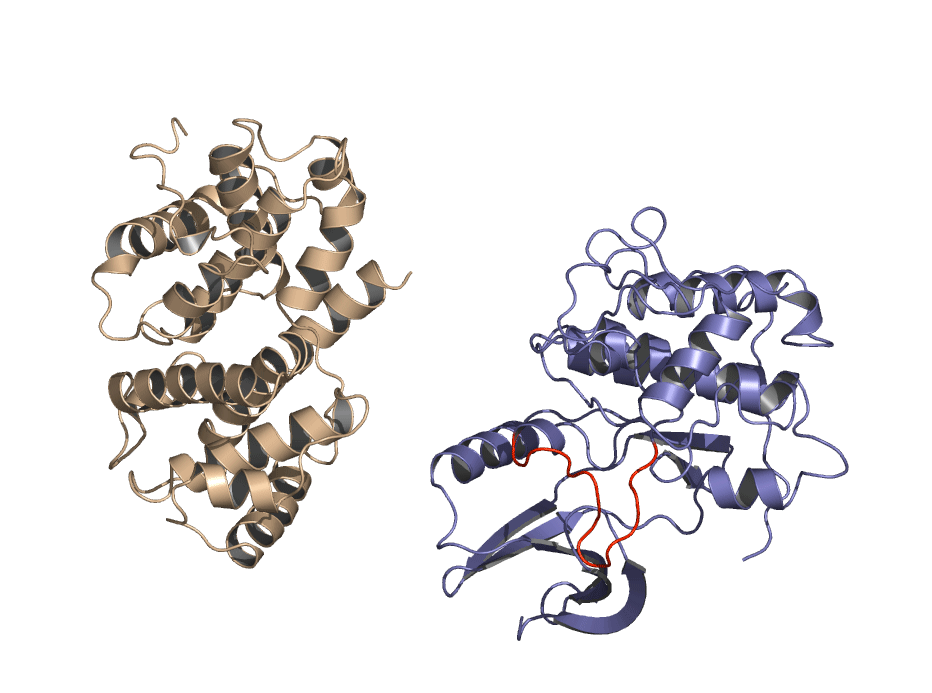Speakers

Dr. Pankaj Chetia
 Assistant Professor,
Assistant Professor,
Department of Life Science, Dibrugarh University
Dibrugarh, Assam.

Dr. Saurov Mahanta
 Senior Technical Officer,
Senior Technical Officer,
National Institute of Electronics and Information Technology
Guwahati, Assam.
Computational Approaches for Understanding Biomolecular Interactions
February 17–20, 2020
Organized by - Bioinformatics Infrastructure Facility, College of Veterinary Science, AAU, Khanapara, Guwahati, 781022, Assam, India.

Structural biology and proteomics provide complementary views of biological processes at the cellular level. Structural biology is primarily concerned with the structure of biological macromolecules and their complexes as well as the physicochemical interactions they support. Proteomics, on the other hand, tends to take a broader view of how proteins communicate and function within the cell, often involving a large number of proteins interacting in pathways or addressing how groups of proteins work together as a function of time and/or subcellular location. Understanding the molecular interactions between proteins at the atomic level is of immense utility; however, it is critical to understand the broader context of how these pathways function and change with differing levels of expression and copy number, and how they are controlled by inhibition, activation and feedback loops.
Given the complementary nature of these approaches, it would seem natural to use some in silico tools that would support the interactive exploration of structural biology within the context of the proteome and of the results of proteomics experiments from a structural perspective.
The current training programme is designed especially for the biologists so as to acquaint them with fundamentals of computational tools that may be used to understand and decipher biomolecular interactions. The key topics include:
N.B. More emphasis will be given on hands-on sessions with an aim to develop practical skills on tools and techniques employed in Computer-Aided Drug Designing.
A total of 20 participants will be selected for the training on first come first served basis. Teachers, scientists and research scholars may apply for participation in the prescribed format on or before 3rd February, 2020.
Accommodation may be provided to a limited number of participants in the university guesthouse subject to availability.
Postgraduate students, teachers and researchers with basic knowledge of biology and computer applications can apply for the training. Basic knowledge of computer application is strongly recommended because it may be a prerequisite for catching up with the application of bioinformatics tools.
Links for downloading the Nomination Forms are given below against the titles of training programme. The downloaded copies of the Nomination Forms for the training programme have to be duly filled in by the applicants, and sealed and signed by the nominating authority. The Nomination Form without institutional seal will be treated as incomplete and shall be rejected. The completed Nomination Form has to be sent to the Contact Address by post or by courier, or via email as attachment of scanned copy on or before 3rd February, 2020.
Selection will be on first-cum-first serve basis. Selected candidates for the training will be informed accordingly by email.
Registration fee of Rs. 1000.00 (without accommodation) or Rs. 3000.00 (with accommodation) may be paid at the time of registration on the first day of the training programme.

 Assistant Professor,
Assistant Professor,
Department of Life Science, Dibrugarh University
Dibrugarh, Assam.

 Senior Technical Officer,
Senior Technical Officer,
National Institute of Electronics and Information Technology
Guwahati, Assam.
Dept. of Animal Biotechnology ,
College of Veterinary Science,
Assam Agricultural University,
Khanapara, Guwahati - 22.
Bioinformatics Infrastructure Facility,
College of Veterinary Science,
Assam Agricultural University,
Khanapara, Guwahati - 22.
For any queries, please feel free to call Mr. Nabajyoti Goswami at +91-9706666436.